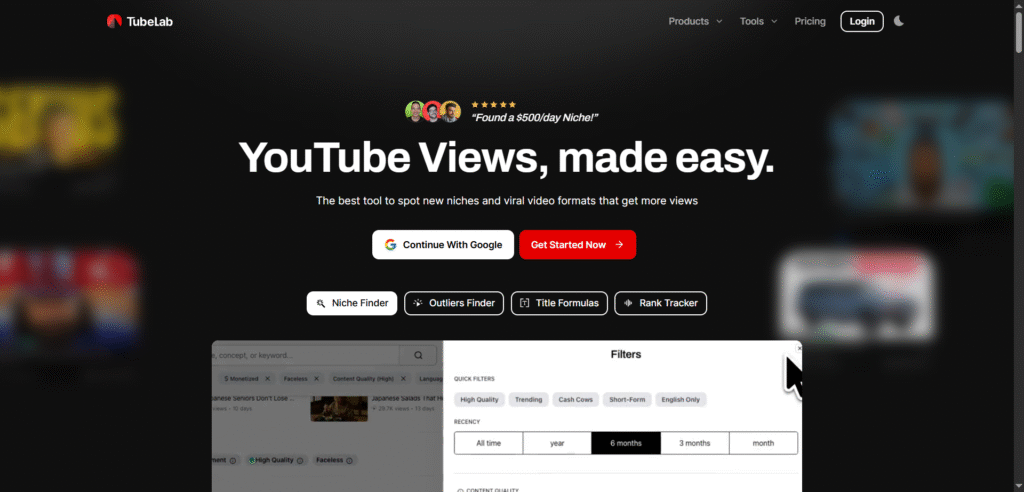1. Niche is the New Viral
Remember when everyone was chasing “prank videos” and “MrBeast-style giveaways”? That era is fading. Now, small niche channels are quietly pulling in thousands per month by serving tight, specific audiences.
Examples:
- “Tech Simplified”: A 27-year-old runs this channel explaining how to use basic tools like Notion, Google Sheets, and ChatGPT. Less than 100k subscribers, but earns over $6,000/month through affiliate links and digital product sales.
- “Coding with Sara”: A 9k-subscriber channel teaching beginners how to code in Python. She makes ~$3,500/month from Udemy course sales and sponsorships from coding bootcamps.
These aren’t celebrities. They’re educators, creators, and problem-solvers.
2. The 1,000 True Fans Strategy Still Works
In 2008, Kevin Kelly coined the idea of having “1,000 true fans.” In 2025, it’s more powerful than ever.
If just 1,000 of your subscribers genuinely follow your content, engage with you, and are willing to pay for value—you can build a full-time business.
How creators do it:
- Launching a paid community (Discord, Circle, Slack)
- Selling digital downloads (Notion templates, eBooks)
- Offering coaching, consulting, or workshops
👉 A small audience that trusts you is worth more than a million random views.
3. Monetization Is a Multi-Lane Highway
Relying on YouTube AdSense alone? That’s like building a house on rented land.
Here’s how smart creators stack their revenue:
| Revenue Stream | Description |
|---|---|
| AdSense | CPM-based earnings from YouTube ads |
| Affiliate Marketing | Promoting products/tools and earning a cut |
| Sponsorships | Brands paying you for shoutouts or reviews |
| Digital Products | Courses, templates, PDFs |
| Services | Coaching, editing, consulting |
| Patreon/Membership | Fans pay for exclusive content |
Want to go full-time? Don’t rely on just one. Stack at least three revenue streams.
4. SEO > Luck
Viral videos might make you famous, but search-optimized content makes you money.
Here’s why:
- Search traffic is evergreen (it keeps bringing views long after upload)
- People searching on YouTube are already looking for help or answers
- These viewers convert better into buyers, email subscribers, and fans
Example:
A channel on “Productivity Tools for Students” ranks for terms like
- “Best note-taking apps for medical students”
- “How to use Notion for exam prep”
- “Time-blocking tips that actually work”
These videos get consistent views every week—and convert viewers into email list subscribers and course buyers.
5. Consistency Beats Talent
You don’t need to be charismatic, extroverted, or even on-camera to succeed on YouTube.
You just need consistency and a clear plan:
- One good video per week
- Optimize titles, thumbnails, and keywords
- Learn from analytics: what’s working? What’s not?
Most creators quit too early. The ones who win are often those who just stick with it long enough to see their compound growth kick in.
